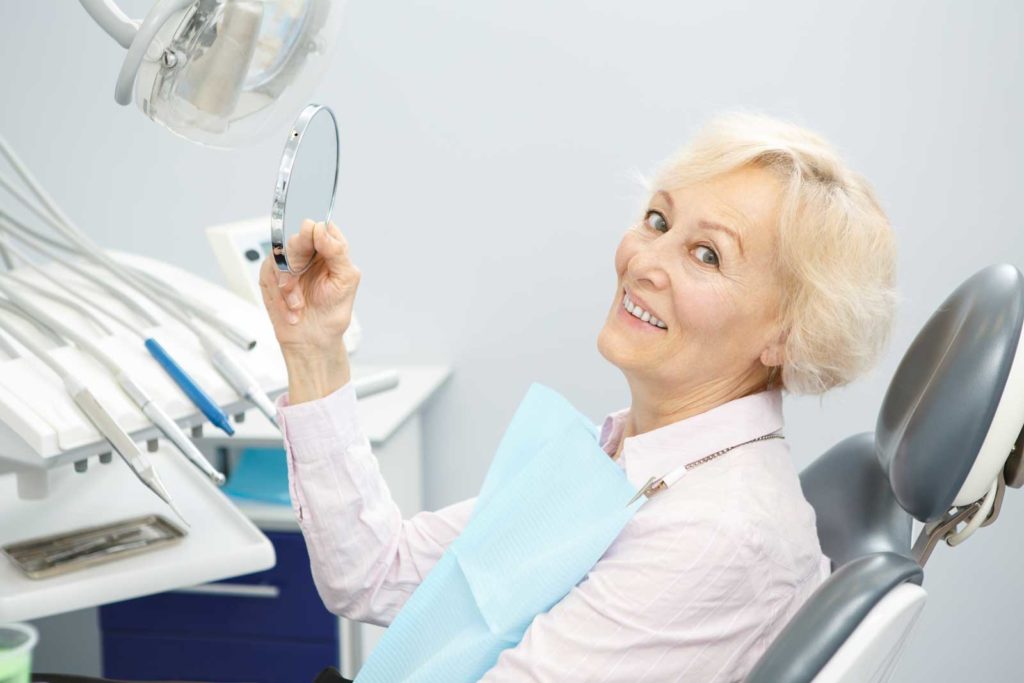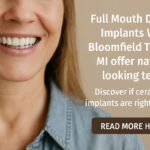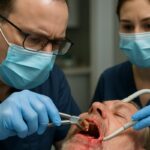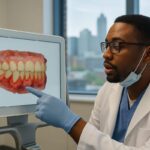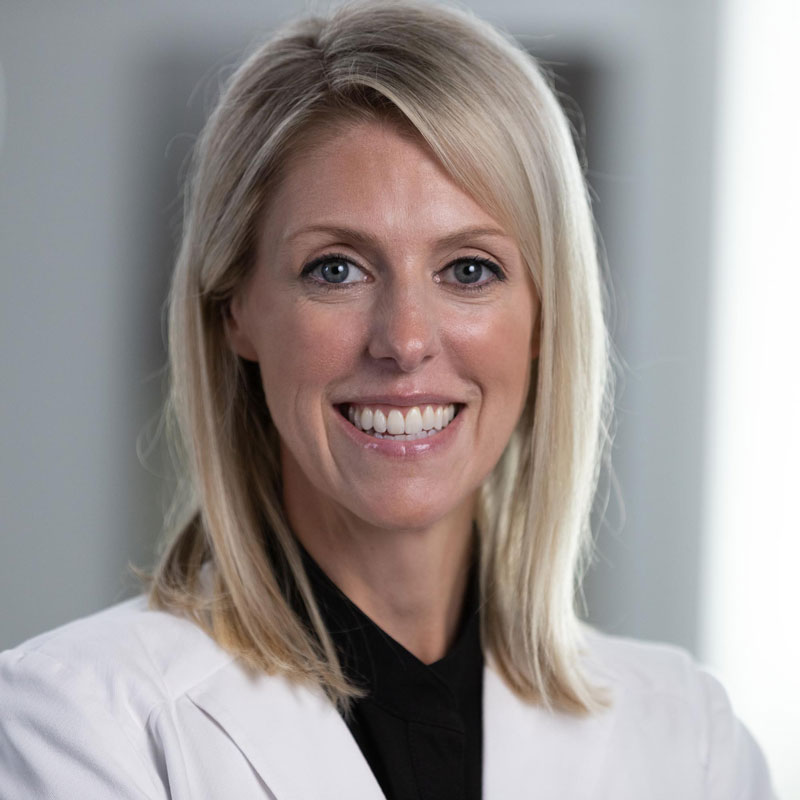If you have gum recession, treating this condition has numerous benefits for both your oral function and the appearance of your smile. Healthy gums seal out bacteria, help stabilize your teeth, and give your smile a symmetrical look. One of the most common treatments for receding gums is gum grafting, which uses your tissue (autograft), tissue from a donor (allograft), or tissue from an animal (xenograft). In general, there are a few distinct differences between these types of tissue grafts. As a board-certified periodontist, Dr. Lauren Anderson has the training and experience to determine which solution is best for your unique situation.
Common Gum Graft Options
Autograft
Autogenous soft tissue grafts are often taken from the roof of your mouth (soft palate). This is one of the safest and most effective grafting techniques available. Autogenous grafts are living tissues with cells that aid in healing.
Pros: Fast healing, no contraindications, minimal risk of infection
Cons: Relies on patient tissue quality, multiple surgical sites, limited treatment at one time
Allograft
An allograft is sterilized and medically processed soft tissue from an organ donor. This tissue is a safe, viable option for patients who may not have enough tissue of their own for the procedure. Treatment is often less painful without harvesting tissue from the palate.
Pros: No second surgical site, short procedure, safe alternative to patient’s tissue
Cons: Risk of rejection by the body, longer healing and incorporation
Xenograft
A xenograft is sterilized and processed tissue derived from an animal (generally a cow or pig). More of this tissue is readily available so that more areas of recession can be treated at one time. This tissue is not living and results in slower healing.
Pros: Unlimited supply, proven safe grafting method, no second surgery
Cons: Possible rejection or failure to incorporate with the body, longer healing
The Benefits of Gum Grafting
Dr. Anderson has been providing specialized gum grafting solutions for many years, utilizing minimally invasive techniques to improve patient comfort and healing. An expert in soft tissue treatments, she has the extensive training and experience to determine which option is best for you. Patients benefit long-term from her personalized treatment, including:
- Preventing further progression of gum recession
- Re-establishing a protective barrier around teeth
- Reducing the risk of gum disease and tooth loss
- Establishing stronger, thicker, and healthier gums
Struggling with Gum Recession?
If you’ve noticed the signs of receding gums or are experiencing sensitive teeth, don’t wait to schedule a consultation with Dr. Anderson. With gentle skill, she can restore your gum tissues and improve both the function and aesthetics of your smile. Schedule an appointment with Anderson Periodontal Wellness online or by calling (248) 480-4910 today.

